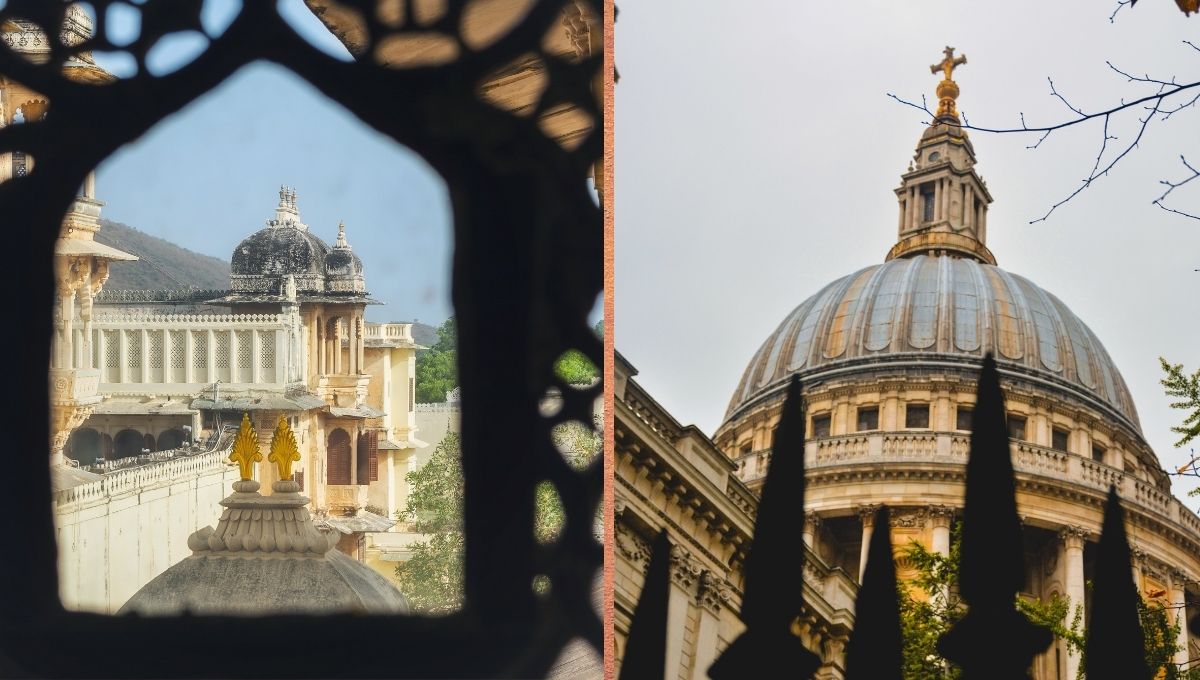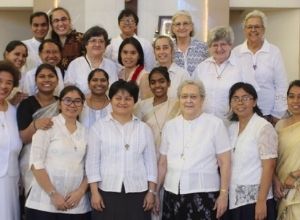
Sister Sujata Jena is a member of the Congregation of the Sacred Hearts of Jesus and Mary. She is a human rights activist, a freelance journalist and an advocate with a special interest for the cause of the poor, Dalits, tribal women, children, minorities and migrants. Since the start of the COVID-19 pandemic, she has been actively involved in the safe return of migrants and continues to work for their rights through advocacy and lobbying through networking with government administrations and civil society groups. Presently, she is working as the deputy director of the Excellent IAS Academy in Bhubaneswar in the eastern Indian state of Odisha. She is the coordinator of the social projects of the congregation.
How has being a sister helped you effectively minister among those who are non-Christian?
 A religious community, like every baptized Christian, is a partaker in God's mission. The mission of God is to proclaim the kingdom of love, justice and peace to humanity and the whole of creation.
A religious community, like every baptized Christian, is a partaker in God's mission. The mission of God is to proclaim the kingdom of love, justice and peace to humanity and the whole of creation.
The charism of my congregation — Sacred Hearts of Jesus and Mary — is to contemplate, live and proclaim God's redeeming love. It calls one to love beyond self and reach out to others with love, acceptance and recognition.
The congregation equips every member with a special holistic formation program. Along with social work, law and missiology studies, this gave me respect for the humanity, culture and religion of others — of utmost importance for a religious living her life doing God's mission with commitment, competence and compassion.
In India, Hindus make up 80% of the population, Muslims 15% and Christians 2.3%. The rest of the population, 2.7%, are other religions. It is challenging to be a good missioner in our country while the ruling party attempts to establish a radical Hindu nation by diluting the secular principle, a fundamental element of the Constitution.
We sisters live in a country where our neighbors, co-workers, taxi drivers and fellow travelers mostly practice a different religion from us. The Second Vatican Council's document on the church's relationship with other religions, Nostra Aetate, affirmed: "The Catholic Church rejects nothing true and holy in other religions."
The document insists on the basic human right to freedom of religion, appealing to both Christians and Muslims not only to tolerate the religious faith of the other, but to recognize the other's faith as something "willed by God in his wisdom."
The message seems to be: If God wants religious diversity, who am I to be intolerant?
This focuses us to work among each other effectively. We religious need to be prophets who read the signs of the times and make a bold decision to side with the poor, the oppressed, the weak and the needy, no matter what religion they practice.
The learning from my formative years, studies and engagement with different ministries as a nun have molded me to work in a non-Christian milieu.
 First: Nurturing and promoting the theology that God is love. He invites us to share his love with fellow human beings and nature. Salvation is irrespective of one's religion.
First: Nurturing and promoting the theology that God is love. He invites us to share his love with fellow human beings and nature. Salvation is irrespective of one's religion.
Second: Deepening the faith that is rooted in Jesus is my guiding principle. It is an action-oriented reflection: getting out of myself and reaching out to others in a preferential option for the poor, crossing the boundaries of my attitude, behavior, culture, belief, philosophy, ethos and practices.
Third: Appreciating and celebrating the best of every religion, culture and people is not to impose anything of my own onto others, even the belief that I hold firm. It is to be open to the Holy Spirit to reach the other with Gospel values and lead them to the almighty by being a witness to Christ through my life and work.